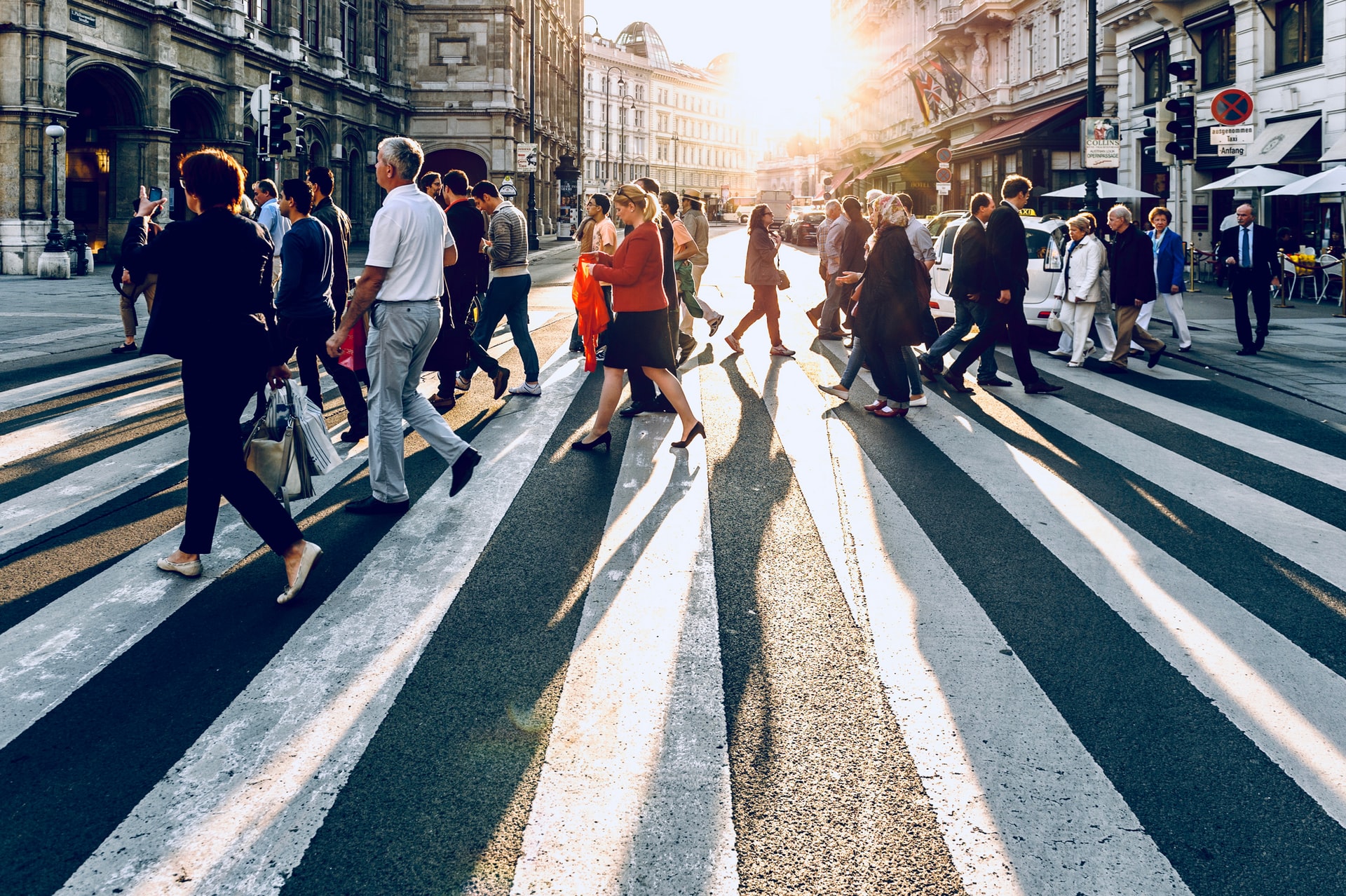A new app would say if you’ve crossed paths with someone who is infected

The news: An app that tracks where you have been and who you have crossed paths with—and then shares this personal data with other users in a privacy-preserving way—could help curb the spread of Covid-19, says Ramesh Raskar at the MIT Media Lab, who leads the team behind it. Called Private Kit: Safe Paths, the free and open-source app was developed by people at MIT and Harvard, as well as software engineers at companies such as Facebook and Uber, who worked on it in their free time.
More on coronavirus
Our most essential coverage of covid-19 is free, including:
How does the coronavirus work?
What are the potential treatments?
What's the right way to do social distancing?
Other frequently asked questions about coronavirus
---
Newsletter: Coronavirus Tech Report
Zoom show: Radio Corona
See also:
Please click here to subscribe and support our non-profit journalism.
Privacy concerns: The World Health Organization has called for aggressive measures to contain the spread of the coronavirus. These require not only identifying and isolating infected individuals but also identifying people they have been in contact with and where they have been, so that those people can be tested and the locations disinfected. In some countries, such as China, this data has been pulled from people’s phones and processed by the government. But this kind of government surveillance would be a hard sell in more democratic countries like the US or UK. People with Covid-19 have also faced social stigma, which is another reason to keep identifying information private.
How it works: Private Kit: Safe Paths gets around privacy concerns by sharing encrypted location data between phones in the network in such a way that it does not go through a central authority. This lets users see if they may have come in contact with someone carrying the coronavirus—if that person has shared that information—without knowing who it might be. A person using the app who tests positive can also choose to share location data with health officials, who can then make it public.
Raskar thinks that a fine-grained tracking approach, which would allow specific locations to be closed off and disinfected, is better than blanket shutdowns, which are socially and economically disruptive.
Will it make a difference? Only if enough people use it, which is why Raskar and the MIT team want to get the word out. Pinpointing coronavirus hot spots seems to have proved effective in places like South Korea, where testing stations are set up outside buildings that people with the virus have visited. But incomplete information could also lead to a false sense of security, if the app leads users to believe that certain places are safe when they aren’t. The app will only alert you to where the virus has been, not where it’s going.
Keep Reading
Most Popular
Ethically sourced “spare” human bodies could revolutionize medicine
Human “bodyoids” could reduce animal testing, improve drug development, and alleviate organ shortages.
Everyone in AI is talking about Manus. We put it to the test.
The new general AI agent from China had some system crashes and server overload—but it’s highly intuitive and shows real promise for the future of AI helpers.
Anthropic can now track the bizarre inner workings of a large language model
What the firm found challenges some basic assumptions about how this technology really works.
The foundations of America’s prosperity are being dismantled
Federal scientists warn that Americans could feel the effects of the new administration's devastating cuts for decades to come.
Stay connected
Get the latest updates from
MIT Technology Review
Discover special offers, top stories, upcoming events, and more.